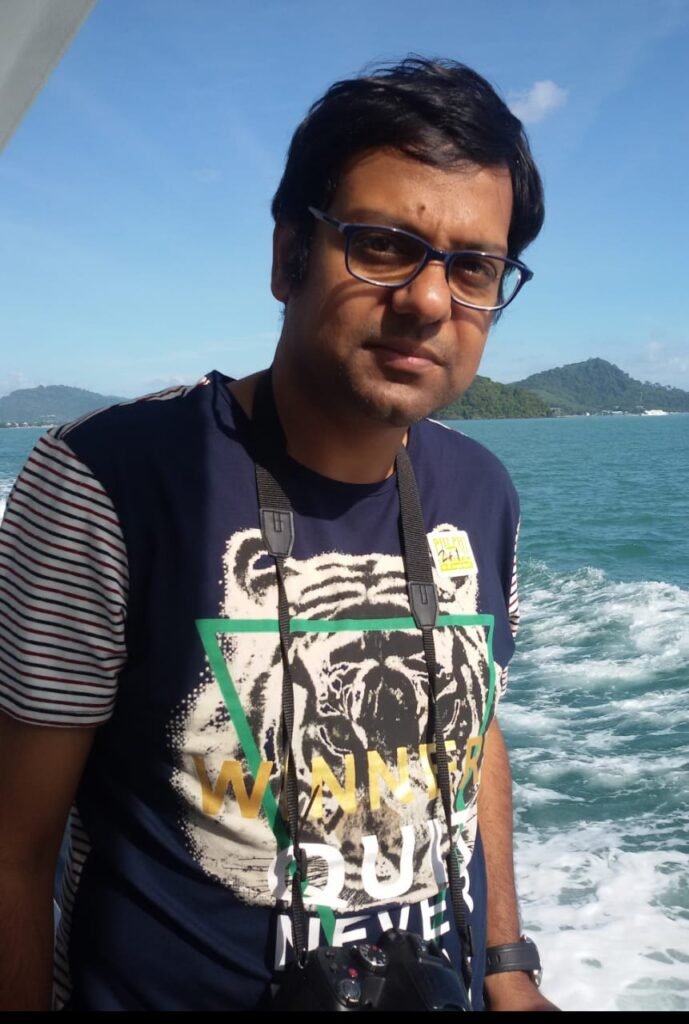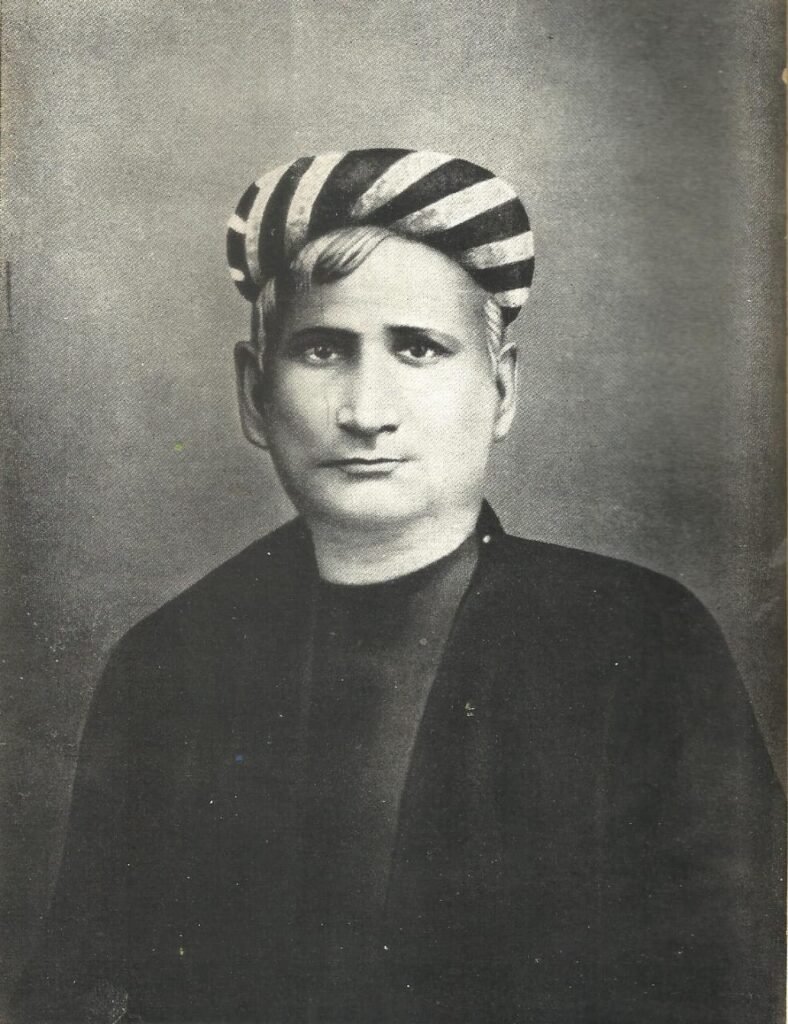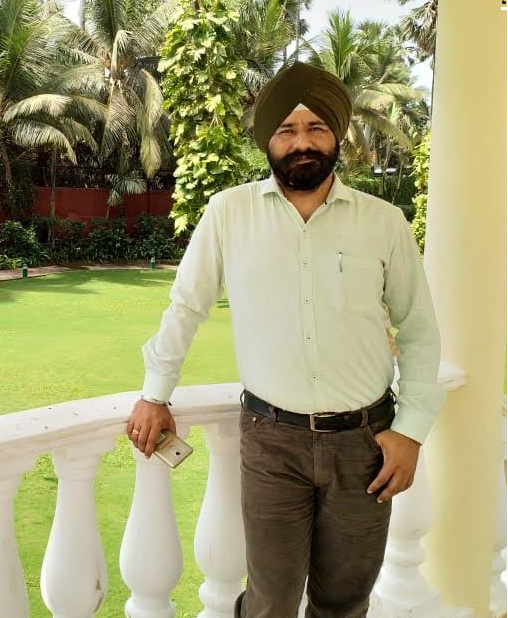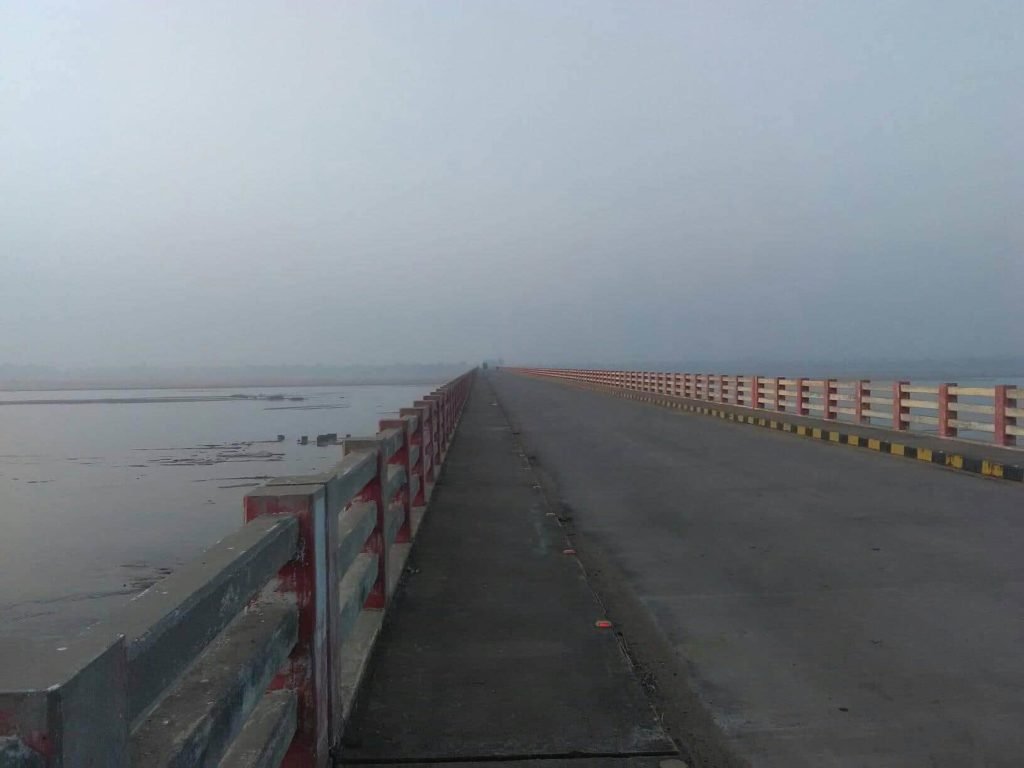Online Education during COVID19

By
Sudarsan Ghosh, Professor, Dept. of Mechanical Engineering IIT Delhi
BIRTH OF VANDE MATARAM

*BIRTH OF VANDE MATARAM*
Did you know a brawl in the cricket field was the genesis of Vande Mataram? About 145 years ago a tiff erupted at the Barrack Square (now Square Field) in Berhampore playground that led Bankim Chandra Chattopadhyay to compose this patriotic song on retaliation, which is the part of his epic novel Anandamath.
Bankim babu might not have penned ‘Vande Matram’, had he not been assaulted by the British Colonel in the cricket field.
Way back in 1873, under the leadership of Colonel Duffin, who was the Commanding Officer at Berhampore Cantonment, a cricket match was being played among the British soldiers at the Square Field. It was an evening of December 15, when Bankim Chandra Chattopadhyay, the Deputy Collector of Murshidabad District, posted at Berhampore, was going back home on a palanquin. He was unaware of the fact that the palanquin bearers would go across the Square Field instead of road. This obstructed their game that became the cause of confrontation.
Col. Duffin, in the fit of rage, stopped the palanquin, pulled Bankim babu down from it and volleyed four-five punches on him. The on-field brawl left Bankim babu extremely insulted. Since the unpleasant incident happened in front of some reputed spectators of that time, which included Principal Robert Hand, Reverend Barlow, Judge Benbridge, Raja Jogindra Narayan Roy of Lalgola, Durgacharan Bhattacharya, some British officers and few natives, who were all witnessing the match of cricket.
The humiliation staked Bankim babu’s reputation as he was the serving Deputy Collector. The next day, on December 16, 1873, he filed a lawsuit against Col. Duffin at Mr Winter’s court, who was the District Magistrate of Murshidabad. The Magistrate soon called upon all eyewitnesses for testimony.
Most of the eyewitnesses denied the clash while Principal Robert Hand admitted the confrontation. Raja Jogindra Narayan Roy and Durgacharan Bhattacharya favoured Bankim babu, however, Judge Benbridge contradicted his testimonial, stating that his poor eyesight barred the view. Moreover, all the legal representatives of Murshidabad supported Bankim, while Col. Duffin had to hire a lawyer from Krishnanagore, Nadia to defend him. Meanwhile, the court passed the next hearing date on January 12, 1874.
The scene at the District Magistrate court on January 12th morning was stupefied. In an open court about thousands of curious impatient onlookers, including the natives and the Europeans gathered to observe the verdict. They noticed that Judge Benbridge appeared first in the court and requested the Magistrate – “Mr Winter! Will you mind coming to the chamber.”
Few minutes later, Col Duffin and Bankim Chandra were summoned at Judge Benbridge’s chamber, where Bankim babu was solicited to withdraw the case. He refused. The request was once again placed. On this occasion, Bankim babu agreed, but with a condition. He sought an apology from Col Duffin in front of the open court, which Col. Duffin agreed.
According to the new research (reference – Murshidabad Anusandan, International Series of Book Number – 978-81-936491-1-4) compiled by Suman Kumar Mitra of Lalgola Bankim Smriti Charcha Samity revealed that a noted Bengali writer Hemandranath Dasgupta interviewed some of the eyewitness present at the court, who narrated that whenever Col Duffin folded his hands for apology, all the native youths present in courtroom began clapping, laughing and shouting ‘‘Ho-Ho” slogan. Dasgupta even mentioned that it would have been further mess had ‘Vande Mataram’ been composed by this period.
A report was also published in the Amrita Bazar Patrika on January 15, 1874, which read, “It appeared that Colonel and Babu Bankim were perfect strangers to each other and he did not know who he was when affronted him. On being informed afterwards of the position of the Babu, Col Duffin expressed this contrition and desire to apology. The apology was made in due form in open court where about the 1000 spectators native and Europeans were assembled.”
The courtroom’s incident further infuriated Col Duffin along with other Europeans. They plotted to eliminate Bankim Chandra clandestinely. Meanwhile, Raja Jogindra Narayan Roy got the tip-off and in bid to save him, he invited Bankim babu to Lalgola.
Since the on-field brawl had deeply impacted on his psyche, which followed by the nuisance at court proceedings and finally the threat of life. He accepted king’s invitation and left for Lalgola somewhere in January 1874, the study said. Although his service record stated that he was on leave for three months between February 3 and May 2, 1874, yet he left Berhampore much before his holiday was approved.
At Lalgola, he stayed in a Guest House surrounded by several Hindu temples. After having glimpse of Jagadhatri, Durga and Kali – the three forms of Goddess, he was inclined towards spirituality, but his frustrations refused to die. He kept on pondering over to connect Bengal with the rest of India against the British atrocities with one ‘mantra’.
Finally the day arrived. It was the night of ‘Maghi Purnima’ (full moon) on January 31, 1874 at Lalgola, Bankim Chandra Chattopadhyay coined the 12-letter words – ‘Vande Matarm’ – the mantra has had enough fuel to boil the blood of the natives as well as the British.
Till his vacation was over he stayed at Lalgola and never returned to Berhampore, instead he went to Malda and later he took his transfer to Howrah district. Meanwhile, a fraction of Anandmath was first published in the Bangadarshan Patrika (Vol 7) in 1881, but his epic novel Anandamath was published in April 1882.
Immediately after the publication, the British started putting him under mental torture, pressured him to change the substance from the novel. Eventually, Bankim babu could not stand the stress and he was compelled to take the voluntary retirement in 1885-86.
Even after 145-year, the national song still boils the blood for the love of our nation – ‘Vande Mataram’!
‘एक शाम रोआनु के साथ ‘ का अंतिम भाग।

रोमहर्षक कहानी ‘एक शाम रोआनु के साथ ‘ का अंतिम भाग।पकौड़ा कैसे काम में आया और कैसे जान बचाया।
Read MoreThe “New Normal” Travel shenanigans & destinations post Covid-19

This is my first experience of writing anything like blog etc. till now written in exams and office files only. One Exam which changed my life was Entrance exam of VCRC conducted by RRB Bhopal. Life changing event, till then had no exposure to any competitive exam, never thought any of job till then. […]
Read MoreAn attitude to be a Human being Covid – 19

Thrusts of hope from pulse oxymetry,A Cylinder of rainbow for tomorrow
Read MoreSINI-A NEST OF SWEET ‘N SOUR MEMORIES

A quarter century passed by. It feels just like yesterday we all were singing, dancing and enjoying every moment inside Howrah Kurla express. Destination:SINI
Leaving too many great memories which can be cherished forever, those few days passed like the wind…
वो मरा हुआ चूहा (प्रेरणादायक कहानी)

प्रस्तुत कहानी का शीर्षक है “वह मरा हुआ चूहा” या एक प्रेरणादायक कहानी है जो यह बताती है कि आदमी छोटे से छोटा होने पर भी बड़े से बड़ा काम कर सकता है बस उसे चाहिए कि वह अपने लगन और मेहनत को बनाए रखें एवम हमेशा अपने दिमाग का सही इस्तेमाल करें ।
Read More


Recent Comments